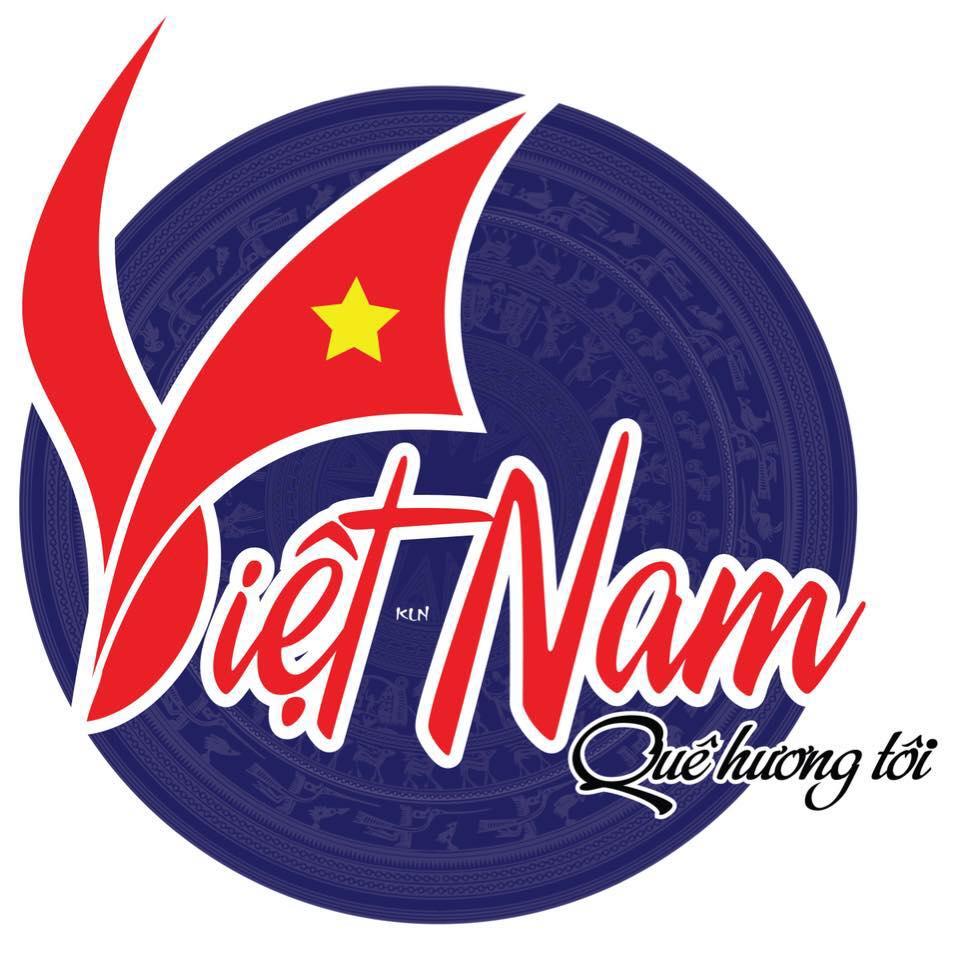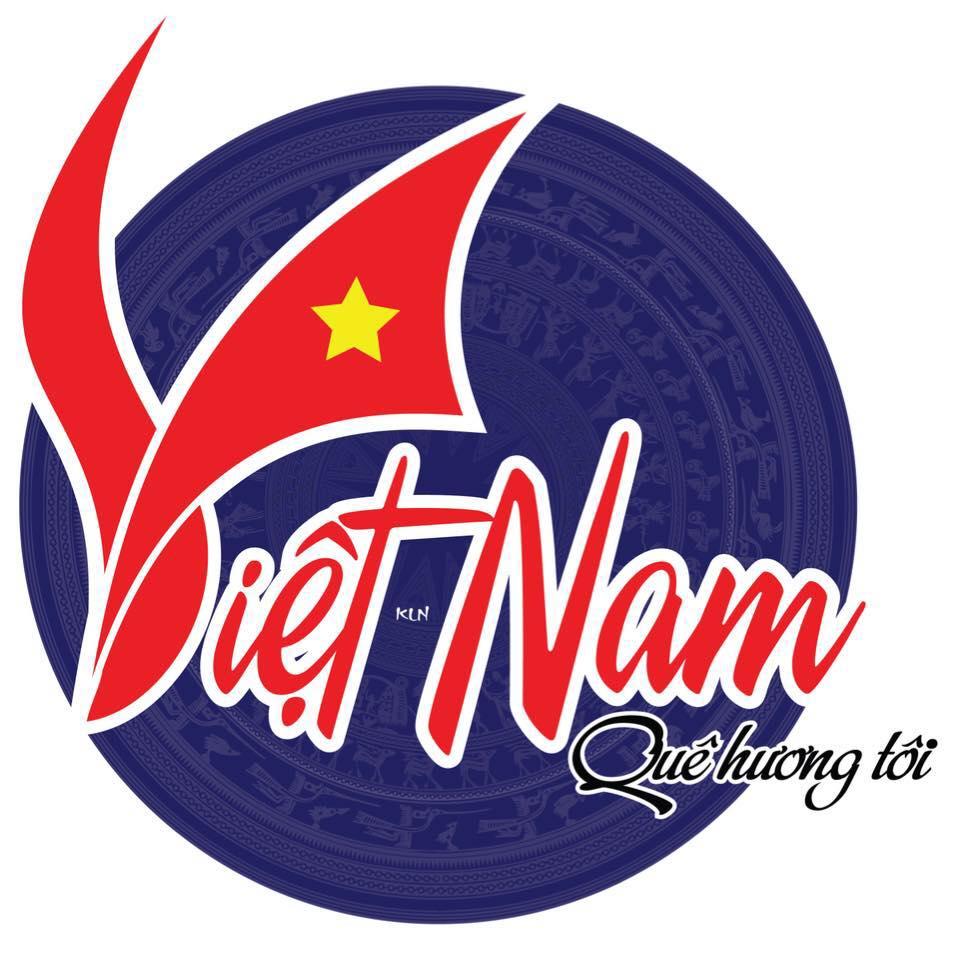The IQF Fruits and Vegetables Market is experiencing a revolution driven by cutting-edge technology and innovation in food processing. Individually Quick Frozen (IQF) technology, once considered a premium freezing method, has become a mainstream solution for maintaining food quality, extending shelf life, and minimizing waste. As consumers demand fresher, cleaner, and more sustainable food options, technological innovation is at the heart of this market’s transformation.
The Global IQF Fruits and Vegetables Market is projected to grow from 5355.20 USD Billion in 2024 to 8511.30 USD Billion by 2035.
This blog explores how technology is redefining the IQF industry, enhancing product quality, production efficiency, and long-term market growth.
⚙️ The Evolution of IQF Technology
IQF, or Individually Quick Freezing, is a process that rapidly freezes individual pieces of fruits or vegetables at extremely low temperatures. This prevents the formation of large ice crystals that can damage cell structure — a common issue in traditional freezing methods. The result is a product that maintains its shape, color, texture, and nutritional value.
Over the years, advancements in cryogenic systems, fluidized bed freezers, and smart sensors have made the IQF process faster, more precise, and more energy-efficient. Modern systems now integrate automation and AI-driven monitoring to ensure consistent product quality and traceability. These innovations have significantly contributed to the industry’s growth and market share.
🧪 Innovation in Processing and Packaging
One of the most exciting developments in the IQF fruits and vegetables market lies in the integration of robotics and automation in production lines. Automated sorting, cutting, and freezing systems reduce manual labor and contamination risks while improving yield and efficiency.
Packaging has also undergone major innovation. New eco-friendly materials and vacuum-sealing technologies are improving shelf life and reducing plastic waste — aligning with sustainability goals across the food industry. Intelligent labeling systems equipped with QR codes now allow consumers to trace the entire product journey, from farm to freezer, promoting transparency and trust.
Moreover, real-time monitoring through IoT (Internet of Things) enables manufacturers to maintain strict temperature controls throughout the cold chain. This ensures that the nutritional integrity of IQF products remains intact from production to consumption.
🌱 Sustainability and Energy Efficiency
Sustainability has become a defining factor in the IQF fruits and vegetables industry analysis. With global focus on reducing carbon emissions and food waste, manufacturers are adopting environmentally conscious freezing technologies.
New refrigerants with lower environmental impact are replacing traditional gases, while energy-efficient compressors and heat recovery systems are reducing operational footprints. Some facilities now use renewable energy sources to power IQF lines, contributing to greener production cycles.
Sustainable sourcing is another major trend. Farmers and processors are increasingly collaborating to optimize harvest timing, ensuring that fruits and vegetables are frozen at their peak freshness. This reduces spoilage, maximizes yield, and enhances overall market growth by meeting eco-friendly consumer expectations.
📈 Market Trends and Forecast
Technological advancements are not just enhancing production; they’re reshaping the entire market landscape. According to recent industry trends, IQF fruits and vegetables are gaining momentum in various sectors including ready meals, smoothies, baby foods, and plant-based products.
As global demand for convenient, high-quality food rises, IQF technology will play a crucial role in scaling production while maintaining quality. Ongoing market analysis suggests that innovations in processing, packaging, and logistics will continue to expand market size across all major regions.
The market forecast indicates strong adoption across Asia-Pacific and Europe, where investments in cold chain infrastructure and sustainable technologies are accelerating industry transformation.
🔮 The Future of IQF: Smart, Sustainable, and Global
The next decade of the IQF fruits and vegetables market will likely be defined by intelligent processing systems, circular economy principles, and deep integration of digital technologies. Artificial intelligence and predictive analytics will optimize freezing cycles, reduce energy consumption, and anticipate maintenance needs before breakdowns occur.
Blockchain-based supply chains will ensure end-to-end product traceability, fostering transparency and consumer confidence. Meanwhile, collaborations between food technologists and agricultural scientists will lead to even better preservation methods, maintaining natural color and taste without additives.
As global food systems evolve, IQF products will continue to meet the needs of a growing population while minimizing waste and environmental impact — proving that innovation and sustainability can coexist.
🧠 Conclusion
The IQF Fruits and Vegetables Market stands at the forefront of technological transformation in the frozen food industry. From automation and AI integration to sustainable packaging and renewable energy adoption, innovation is redefining what frozen food can offer.
These advancements not only improve production efficiency but also align with consumer expectations for health, transparency, and eco-responsibility. As the market continues to evolve, technology will remain the driving force behind its growth, trends, and future forecast.
❓FAQs
Q1: What makes IQF technology superior to traditional freezing methods?
IQF freezes each fruit or vegetable individually, preventing ice crystals and preserving texture, color, and nutrients.
Q2: How is sustainability achieved in IQF production?
By adopting energy-efficient equipment, using eco-friendly refrigerants, and sourcing produce responsibly.
Q3: How does automation improve IQF processing efficiency?
Automation ensures consistent quality, reduces manual handling, and increases output speed with minimal waste.
Q4: What role does packaging innovation play in the IQF market?
Eco-friendly and smart packaging improves shelf life, reduces waste, and enhances traceability.
Q5: What future technologies are expected to shape the IQF industry?
AI, IoT, blockchain traceability, and renewable energy integration will define the next phase of IQF innovation.


